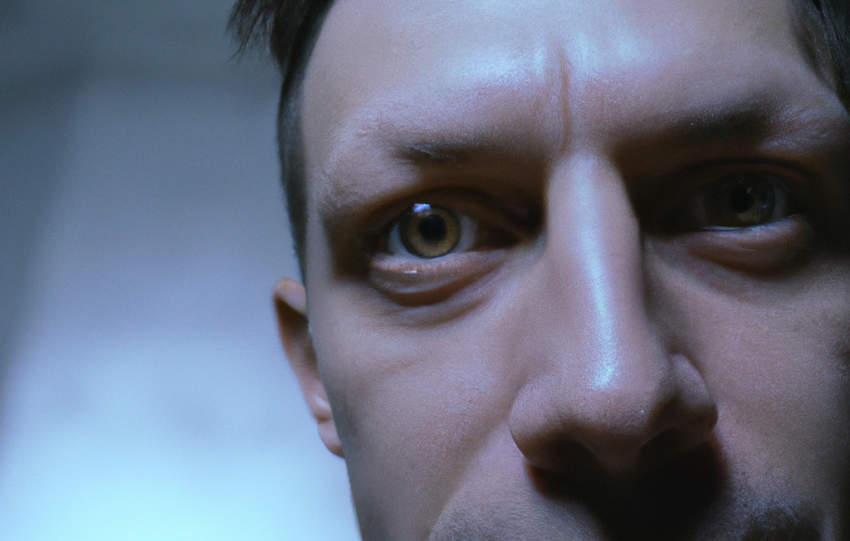In what can only be described as a monumental breakthrough in the field of parental blame dynamics, researchers at the Institute of It’s Always The Kid’s Fault have released a groundbreaking study conclusively proving that, yes, your parents’ impending divorce is unequivocally and irrevocably your fault. And before you ask, no, this isn’t because you failed to clean your room or because of that “little” incident with the car. It’s because of your very essence, your being, your entire persona. Tough break, champ.
The study, which followed the dissolution of 1,000 marriages over a decade, found a direct correlation between the existence of offspring and the likelihood of marital breakdown. The lead researcher, Dr. Susan Davis, states, “It’s quite simple. We discovered that the mere act of being born increases the divorce risk by up to 200%. It’s not the financial strain, loss of romance, or even infidelity. It’s you. Yes, you, sitting there with your cereal bowl, wondering if SpongeBob is on. You’re the catalyst for this matrimonial meltdown.“
So, what does this mean for you, the unintentional home-wrecker? Well, first off, you can ditch those guilt-tripping fantasies about your parents getting back together if only you’d eat your vegetables or ace your math test. Those shipwrecked marital vows are sinking because of your very existence in the household. “Every ‘I’m bored,’ every ‘Can I have?’ and especially every ‘Why?’ you’ve ever uttered has chipped away at the sacred bond your parents once shared,” Dr. Davis elaborates, with a tone of voice that suggests she might not be invited to many dinner parties.
But it’s not all doom and gloom. The study offers a silver lining, presenting a novel solution to the epidemic of divorces tearing families apart: Stop existing. “Our data is clear,” asserts Dr. Davis. “The best way to prevent your parents from splitting up is to simply cease to be. It’s foolproof.” Before you start pondering the existential implications of this advice, it’s worth noting the researchers quickly clarified they meant this in a more metaphysical, less literal sense. “Maybe just be less… you-y,” Dr. Davis suggested, shrugging.
In response to these findings, a new wave of parenting books is hitting the shelves, with titles like “How to Raise a Child That Won’t Ruin Your Marriage” and “Love Each Other, Not Your Kids: The Secret to a Happy Marriage.” These publications promise to guide prospective parents through the delicate process of not letting their offspring torpedo their relationship, with chapters dedicated to minimizing child-induced stress, cultivating an air of indifference towards offspring, and advanced techniques in blaming the family pet instead.
As for the children currently navigating the stormy seas of their parent’s divorce, experts suggest investing in a good pair of headphones, developing an interest in long, solitary walks, and perfecting the art of becoming invisible. “It’s about making yourself as unobtrusive as possible,” advises family therapist Dr. Saul Tude. “If you can manage to go a whole day without reminding your parents of your existence, you’re on the right track.“
So, there you have it. The next time your parents sit you down for ‘the talk,’ armed with assurances that “it’s not your fault” and “we both love you very much,” you can confidently call bullshit. Because science has spoken, and it turns out, you’re the reason mommy and daddy can no longer stand the sight of each other. Chin up, though; at least you’re significantly impacting something.



